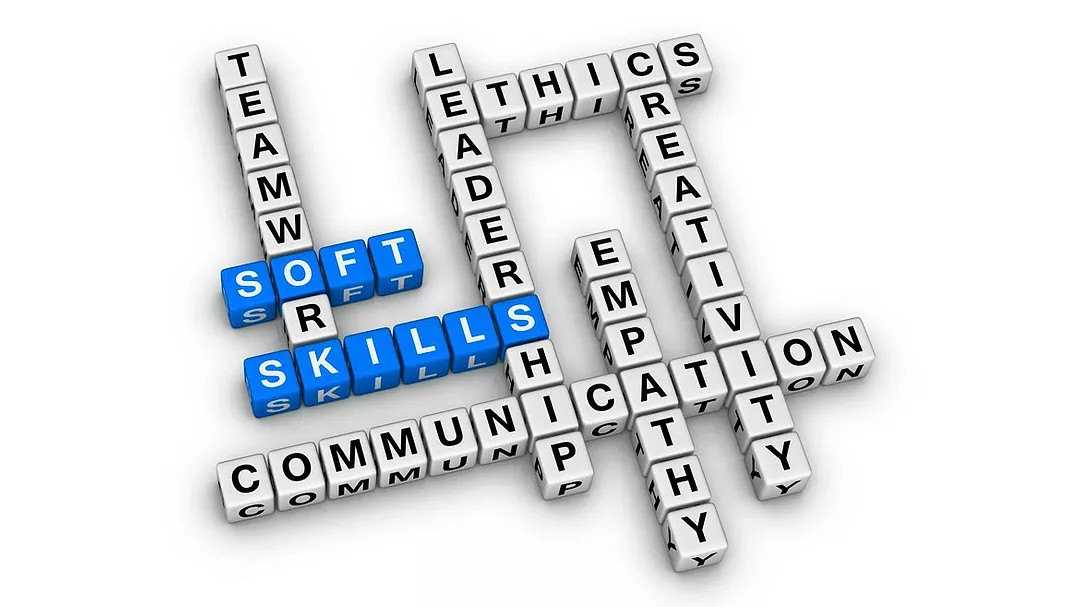Security Talk
The super power of soft skills in security
Success in the security industry is made easier by possessing a number of soft skills. Security leaders advise embodying these character traits yourself and looking for these soft skills when hiring.

almagami / iStock / Getty Images Plus via Getty Images

Sure, roles as a senior leader within the security industry may call for that public agency experience, corporate enterprise security experience, or industry related certifications, but it’s those “soft skills” not necessarily listed on the official job description that can help determine long-term success.
What are soft skills, you ask? Well, they are personal characteristics such as leadership, self-awareness, communication and emotional intelligence. Experts agree that these personal attributes are extremely important to enabling effective communication in the workplace, problem solving and adapting, as well as motivating and building strong teams. In the security industry — where roles, responsibilities, and most importantly, critical issues requiring attention are regularly changing and evolving — certain soft skills are downright imperative to lead a responsive, cohesive, mature security team.
“Soft skills are critical to be successful,” says Jerry Brennan, Co-Founder and CEO of SMR Group. “If you want a job in senior security management, it’s not going to happen unless you possess some of those all-important characteristics.”
Security magazine asked our readers on LinkedIn exactly which soft skills they have found to be most indicative of future success in the security industry, and we received a long list. Here are a few:
- Empathy
- Trustworthiness
- Resourcefulness
- Creativity
- Common Sense
- Ability to Listen
- Observance
- Business Acumen
- Risk Tolerance
- Strong Work Ethic
- Integrity
- Honesty
- Organization
- Patience
- Humility
- Persuasion
- Vigilance
- Collaboration
- Critical Thinking
- Customer Service Abilities
- Resilience
- Communication Skills
- Flexibility
In addition to leadership success, many physical security and cybersecurity leaders point to hiring based on soft skills to help solve talent gaps. If senior leaders can look beyond the resume and focus on some of those soft skills needed to succeed in the position, the organization and the industry, they may not only be opening up their candidate pool, but also setting their organizations up with solid, future leaders.
Jeff Hauk, Director of Public Safety at Memorial Healthcare, says hiring for attitude is far more important than a resume alone. “If you really think about it, traditionally we have hired people for what they know and fired them for who they are,” he says. “That is why we have moved toward hiring that whole person and not necessarily just the [technical] skills and experience they bring to the table.”
Brennan agrees that failure in the security industry rarely has to do with technical skills. “Particularly in security management, failure often comes from behavioral characteristics or undeveloped soft skills such as business acumen, influence and leadership, strategic agility, customer focus and ability to deal with ambiguity,” he says.
While many soft skills are innate or natural tendencies for a person, some can be developed or further strengthened through continued education, mentorship, leadership education or experience. Indeed, perhaps the “drive to always learn” (another characteristic mentioned by our readers) would qualify as a super-powered soft skill, allowing those security professionals with enough ambition and opportunity to be successful wherever their career — and ambition — takes them.
Looking for a reprint of this article?
From high-res PDFs to custom plaques, order your copy today!







